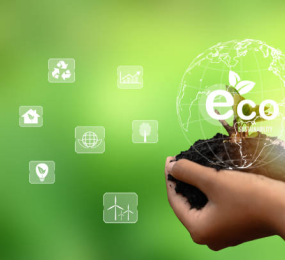The Ascendance of e-Fuels: Pioneering the Energy Revolution
In the quest for sustainable energy solutions, e-Fuels emerge as a groundbreaking innovation poised to reshape the future of energy. This essay explores the remarkable rise of e-Fuels and their transformative potential in decarbonizing various sectors of the economy.
Unveiling e-Fuels:
e-Fuels, or electro-fuels, are synthetic fuels produced from renewable electricity, water, and carbon dioxide. Through processes like Power-to-Liquid (PtL) and Power-to-Gas (PtG), renewable energy is converted into liquid or gaseous fuels, such as hydrogen, synthetic methane, and e-diesel.
Advantages of e-Fuels:
e-Fuels offer numerous advantages, including carbon neutrality, energy storage capabilities, and compatibility with existing infrastructure. They present a viable solution for sectors reliant on liquid or gaseous fuels, such as transportation, aviation, and industrial processes.
Driving Decarbonization:
By harnessing renewable electricity, e-Fuels facilitate the decarbonization of sectors traditionally challenging to electrify fully. They offer a pathway to reduce greenhouse gas emissions while maintaining energy security and flexibility.
Challenges and Opportunities:
Despite their promise, e-Fuels face challenges related to scalability, cost-effectiveness, and infrastructure development. However, ongoing research and technological advancements present opportunities to overcome these hurdles and unlock the full potential of e-Fuels.
The rise of e-Fuels heralds a new era in the energy transition, offering a sustainable alternative to conventional fossil fuels. With continued innovation and investment, e-Fuels have the potential to play a pivotal role in achieving a carbon-neutral future.
Visit our website to know more: https://www.leadventgrp.com/events/world-e-fuel-summit/details
For more information and group participation, contact us: [email protected]
Leadvent Group - Industry Leading Events for Business Leaders!
www.leadventgrp.com| [email protected]
















